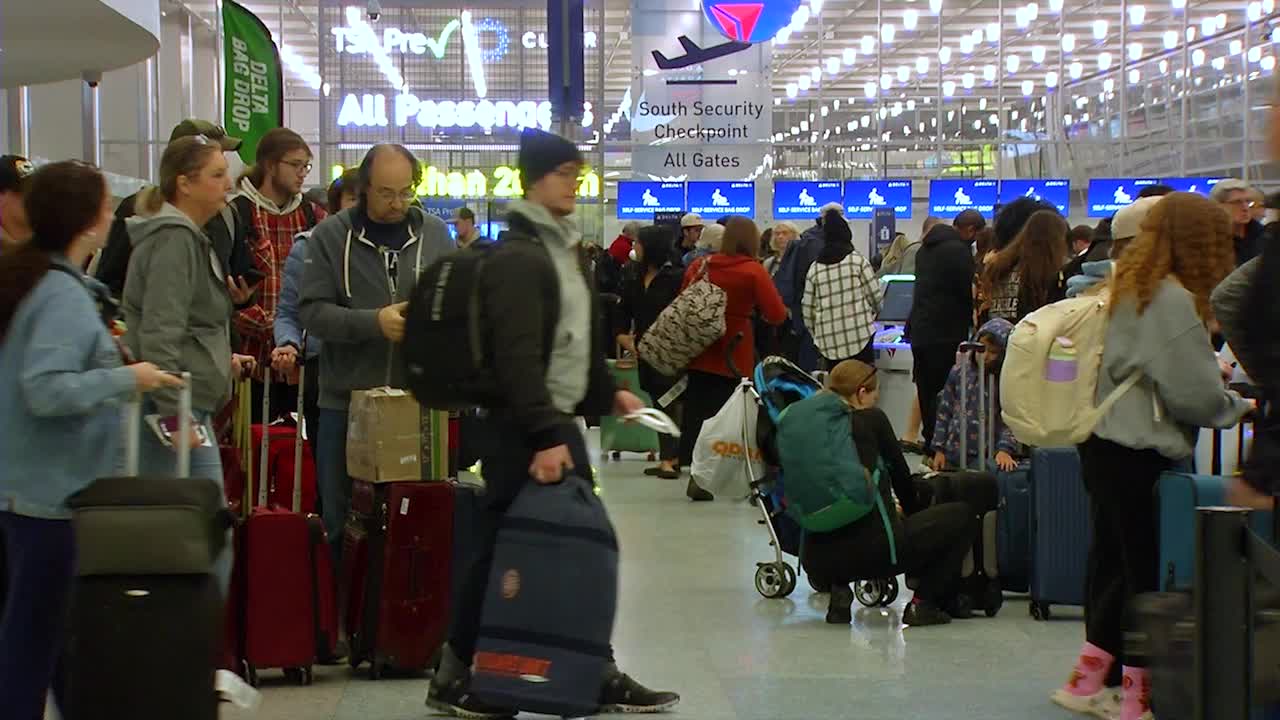As I sat down with South African writer Mark Gevisser during the Tata Steel Kolkata Literary Meet earlier this year, we began talking about queerness and how it exists with several different kinds of intersections all around the world. Eventually we delved into literary representation and that’s how we came to the topic of queer stories from non-West parts of the world and how it remains unexplored for many readers. Here are some recommendations about the same from Mark, the author of The Pink Line: Journeys Across The World’s Queer Frontiers; .
As You Like It: The Gerald Kraak Anthology Vol. II
As You Like It: The Gerald Kraak Prize Anthology Volume II (2018) is an anthology of fiction, nonfiction, essays, and photography published by the Johannesburg-based publisher Jacana Media. Comprising the pieces shortlisted for Jacana Media’s 2018 Gerald Kraak Prize honoring African works on the topics of gender, human rights, and sexuality, the anthology features 17 pieces, including the eventual winner, Pwaangulongii Dauod’s essay, “Africa’s Future Has No Space for Stupid Black Men.”
African Sexualities: A Reader by Sylvia Tamale

A groundbreaking book, accessible but scholarly, by African activists. It uses research, life stories, and artistic expression including essays, case studies, poetry, news clips, songs, fiction, memoirs, letters, interviews, short film scripts, and photographs to examine dominant and deviant sexualities and investigate the intersections between sex, power, masculinities, and femininities. It also opens a space, particularly for young people, to think about African sexualities in different ways. This multidisciplinary text, from a distinctly African perspective, is built around themed sections each introduced by a framing essay. The authors borrow from a wide political spectrum to examine dominant and deviant sexualities, analyse the body as a site of political, cultural and social contestation. The book adopts a feminist approach that analyses sexuality within patriarchal structures of oppression while also highlighting its emancipatory potential.
God’s Children Are Little Broken Things by Arinze Ifeakandu

In nine exhilarating stories of queer love in contemporary Nigeria, God’s Children Are Little Broken Things announces the arrival of a daring new voice in fiction.
A man revisits the university campus where he lost his first love, aware now of what he couldn’t understand then. A young musician rises to fame at the price of pieces of himself, and the man who loves him. Arinze Ifeakandu explores with tenderness and grace the fundamental question of the heart: can deep love and hope be sustained in spite of the dominant expectations of society, and great adversity?
An Arab Melancholia by Abdellah Taïa

Salé, near Rabat. The mid 1980s. A lower-class teenager is running until he’s out of breath. He’s running after his dream, his dream to become a movie director. He’s running after the Egyptian movie star, Souad Hosni, who’s out there somewhere, miles away from this neighborhood—which is a place the teenager loves and hates, the home at which he is not at home, an environment that will only allow him his identity through the cultural lens of shame and silence. Running is the only way he can stand up to the violence that is his Morocco.
Irresistibly charming, angry, and wry, this autobiographical novel traces the emergence of Abdellah Taïa’s identity as an openly gay Arab man living between cultures. The book spans twenty years, moving from Salé, to Paris, to Cairo. Part incantation, part polemic, and part love letter, this extraordinary novel creates a new world where the self is effaced by desire and love, and writing is always an act of discovery.
The Death of Vivek Oji by Akwaeke Emezi

One afternoon, a mother opens her front door to find the length of her son’s body stretched out on the veranda, swaddled in akwete material, his head on her welcome mat. The Death of Vivek Oji transports us to the day of Vivek’s birth, the day his grandmother Ahunna died. It is the story of an overprotective mother and a distant father, and the heart-wrenching tale of one family’s struggle to understand their child, just as Vivek learns to recognize himself.
Teeming with unforgettable characters whose lives have been shaped by Vivek’s gentle and enigmatic spirit, it shares with us a Nigerian childhood that challenges expectations. This novel, and its celebration of the innocence and optimism of youth, will touch all those who embrace it.
But apart from these recommendations Mark Gevisser himself has written two amazing queer books which deserve a special mention,
Defiant Desires: Gay and Lesbian Lives in South Africa edited by Mark Gevisser and Edwin Cameron

Defiant Desire records the lives of lesbian and gay South Africans of all races as they have lived in the face of censure, denial and oppression. The history of gay identity in South Africa is here in its past and present aspects: from a drag salon in Woodstock to a gay “shebeen” in KwaThema; from a church in a Pretoria nightclub to Johannesburg’s lesbian and gay pride march; from Afrikaans love poetry to new activism. The book is a document of lesbian and gay struggle, and indispensable for those interested in the sexual politics coursing beneath the country’s troubled passage to democracy.
Lost and Found in Johannesburg: A Memoir by Mark Gevisser

Lost and Found in Johannesburg begins with a transgression ― the armed invasion of a private home in the South African city of Mark Gevisser’s birth. But far more than the riveting account of a break-in, this is a daring exploration of place and the boundaries upon which identities are mapped.
An ode to both the marked and unmarked landscape of Gevisser’s past, Lost and Found inJohannesburg is an existential guide to one of the most complex cities on earth. As Gevisser writes, “Maps would have no purchase on us, no currency at all, if we were not in danger of running aground, of getting lost, of dislocation and even death without them. All maps awaken in me a desire to be lost and to be found . . . [They force] me to remember something I must never allow myself to forget: Johannesburg, my hometown, is not the city I think I know.”











